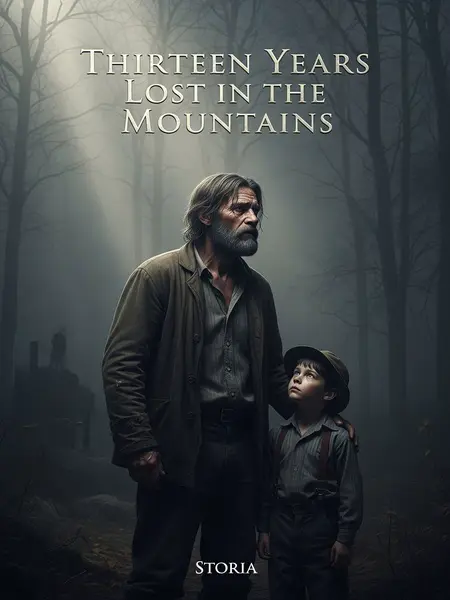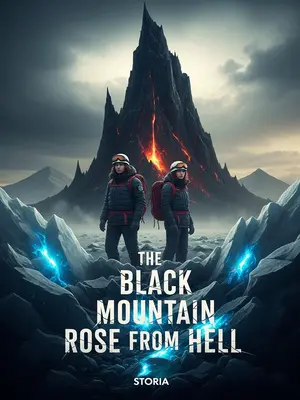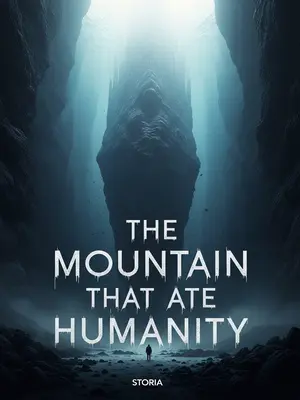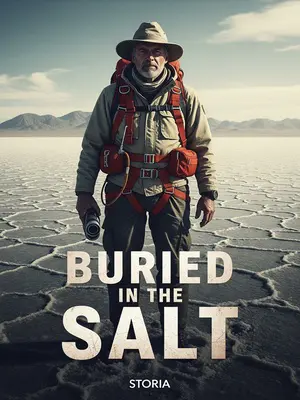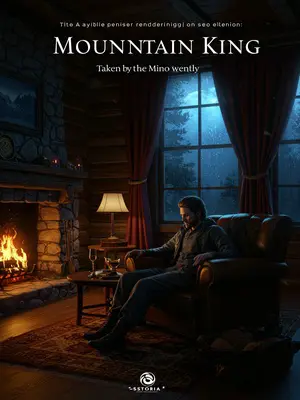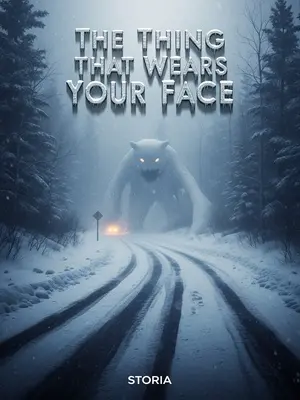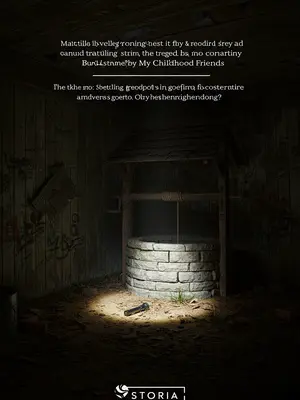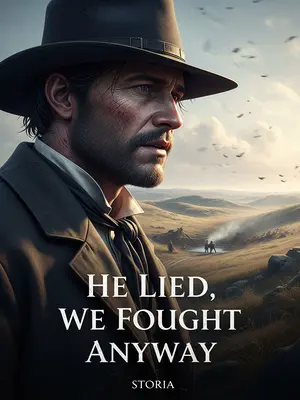Chapter 4: Breaking Chains
Escape from the Mine
Years of war had drained the American workforce, so they began to capture Chinese on a large scale and ship them to America as laborers.
The rumor spread among the men: the war had taken all the young Americans. Now, they were the replacement, the invisible backbone of a hungry machine.
Lin Jian was stunned. In a single night, he had become a forced laborer in a foreign land, losing both freedom and dignity.
He stared at his hands, once used for farming, now raw and bleeding from new work. His heart filled with anger and disbelief.
That day, he had simply gone out to farm, looking forward to going home…
The memory haunted him, a cruel reminder of everything he’d lost.
For Lin Jian and all the laborers, “America” was another world—a strange, terrifying, unknown place.
The language was foreign, the food strange, the sky too wide. He felt small and lost, surrounded by men who shared his fate but not his hope.
Soon, the 800 men were split into groups of 200 and sent to various mines, all controlled by American industrial giants—massive corporations like Union Mining and Steel, as well as smaller companies. These companies monetized the resources, providing funds and materials for the war machine—warships, planes, tanks…
He was herded onto a train, watching the countryside blur past. The mountains grew taller, the air colder, as they neared their destination.
After each invasion, the military government would share the spoils with these companies, forming a vicious cycle.
The men learned the names—Union Mining, Black Bear Mining. The companies seemed as powerful as the government itself, with no one to answer to.
Laborers were just another resource to be divided up.
They were treated as less than human, their lives measured in shovelfuls of coal.
Lin Jian was sent to Silver Hollow, West Virginia, assigned to the Black Bear Mining Company.
The mine loomed like a wound in the earth, smoke rising from the stacks. Guards watched from every corner, rifles slung over their shoulders.
But calling them “laborers” was misleading—they were really slaves, unpaid and abused.
Their names were never spoken, only numbers. The foreman barked orders, and any sign of resistance was met with violence.
Life in the mine was grueling: hunger, exhaustion, illness, and cave-ins could claim lives at any time.
Lin Jian’s hands bled from the rough tools. His back ached, his stomach twisted with hunger. The darkness was endless.
By November 1944, the Appalachians were already frozen. The mine tunnels were cramped and stifling. Lin Jian half-squatted as he moved forward, clutching a small bag of cornmeal—his daily ration, less than two bowls of grits. Sometimes he found wild greens in the company’s garbage, mixed with wood chips but better than nothing.
He learned to swallow whatever he found, even when it made him gag. The cold seeped into his bones at night, making sleep impossible.
Just being alive was lucky…
He marked each day with a scratch on the wall, praying for strength to see another sunrise.
He forced himself to keep going.
Each morning, he repeated his wife’s name, a silent mantra to keep despair at bay.
The laborers had no safety equipment. One mistake could be fatal. If they failed to meet their daily coal quota, they were beaten and their food rations cut.
Bruises and cuts became part of daily life. The threat of punishment hung over every task.
With wounds all over, not enough food, and thin clothing, surviving the winter was nearly impossible.
Some men simply didn’t wake up. Lin Jian wrapped his arms around himself, shivering in the darkness.
Lin Jian grabbed his crude tools and began digging coal.
He fell into a rhythm—dig, haul, dump, repeat—his body moving on autopilot, mind drifting far away.
Suddenly, the mine shook. Rocks rained down, striking him painfully. A cave-in had occurred in another tunnel!
The ground shuddered, and shouts echoed down the shaft. Lin Jian ducked, heart racing, as dust filled the air.
Lin’s heart skipped a beat. He and several others were ordered by the overseer to go to the collapse site.
The foreman’s voice was sharp, urgent. Lin Jian joined a group, carrying stretchers and shovels.
He immediately understood: someone had died again. Only when someone died did they need men to haul out the bodies…
The stench of death was thick. Lin Jian steeled himself, jaw clenched, as they cleared rubble and dragged out the fallen.
The closer they got, the narrower the tunnel became, the greater the risk of another collapse.
He crawled on hands and knees, the ceiling pressing down. Every crack sounded like another cave-in waiting to happen.
Piles of rock buried the bodies beneath, faces twisted in agony. Some turned away, unable to bear the sight. Others muttered curses:
“They don’t treat us as people!”
“If this keeps up, how many of us will walk out alive?”
Their voices were hushed, but the anger was real. Lin Jian felt it burning inside him.
Would any of them ever leave alive?
He stared at the bodies, wondering if he’d ever see home again—or if this was how he’d end, forgotten in the dark.
The more Lin Jian thought, the more suffocated he felt. Rage and hatred boiled inside him—he wanted to perish with his oppressors!
He gripped his shovel so hard his knuckles turned white. The urge to fight back, to run, to scream, grew stronger every day.
“Escape! Even if we’re beaten to death, we must escape!”
“If we stay here, we’ll die anyway!”
“If we escape, there’s at least a slim chance!”
“Even if we’re caught and beaten to death, it’s better than dying slowly in this darkness!”
The words tumbled out, desperate and raw. His friends nodded, eyes fierce with hope and fear.
After he spoke, silence fell. Finally, someone said, “Okay!”
They clasped hands, a silent pact sealed in the shadows.
In that moment, five men—including Lin Jian—shared the same goal: escape. Go home. Risk death for a chance at life.
They didn’t act rashly. Many had tried to escape, but few succeeded. One laborer who tried was beaten, stripped, tied to a tree, and doused with cold water until he froze into a human-shaped block of ice.
The memory haunted them, a warning and a challenge. They planned carefully, waiting for the right moment.
Lin Jian waited patiently for his chance. Though hungry and ragged, his desire to return home kept him going.
He watched the guards, memorized their routines, and hid scraps of food for the journey.
By July 1945, eight months had passed. Of the original 200-plus, only about 80 remained. Every day, many died; the survivors grew numb.
Hope faded with each loss, but Lin Jian clung to it, refusing to let go.
This numbness made the guards let down their guard. The time had come!
He shared a look with his friends. Tonight was the night.
Lin Jian and his companions prepared to risk everything.
They whispered their plan, each one steeling himself for what might be his last night alive.
“Don’t look back!”
“No matter what happens, don’t look back!”
“Even if everyone else dies, don’t look back!”
“Go forward!”
“If even one escapes, it’s a victory for all!”
“Survive, and you can hope to go home!”
“Survive, and see the wheat fields of our homeland for everyone!”
The words became their battle cry, a promise to carry each other’s hopes.
On the night of July 31, 1945, as the mine overseers changed shifts for dinner, Lin Jian and his group grabbed their hidden food, climbed the wall, waded through the sewage pool, and ran toward the mountains and forests.
The stench was overwhelming, but freedom was worth any price. They ran, hearts pounding, lungs burning.
Gunshots and alarms sounded behind them. Lin’s heart pounded as he thought of his brothers’ words and his distant home. He didn’t dare stop, plunging into the black forest.
Branches tore at his clothes, but he pressed on, fear and hope battling inside him.
He didn’t know how long he ran, but eventually the gunfire faded.
His legs ached, his breath ragged, but he kept moving until silence finally fell.
“Did we escape?”
“Is everyone still alive?”
He turned, counting heads. Relief flooded him—five men, all alive.
Lin grabbed his companions and counted—five men, not one missing!
They hugged, laughing and crying at once. For the first time in months, hope felt real.
After eight months in hell, they had finally regained their freedom.
They sat in a clearing, sharing what little food they had, watching the stars and dreaming of home.
